To help reduce confusion about protein for kids and to offer the easiest, yummiest sources of protein for babies, toddlers, and big kids, I put together this guide for you. With tips, food sources, vegetarian protein, recipes, and more, this will make feeding your kids so much easier.
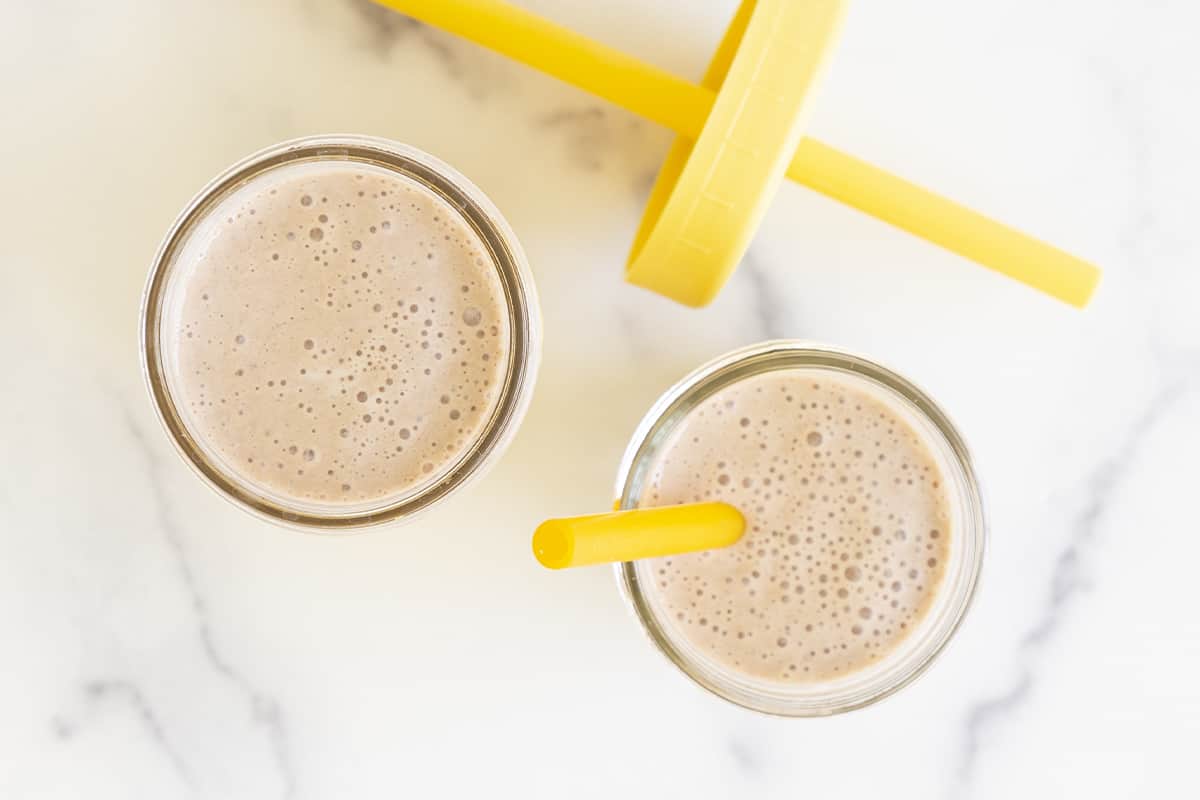
Protein for Kids
So many of us adults worry about our own protein intake, given all the cultural pressure on this nutrient, so it’s not surprising that we also worry about whether our kids are getting enough. Here’s the good news: Your toddler probably gets plenty of protein without you even having to worry about it. I was surprised to learn that, but yay, one less thing to worry about!
Here’s a refresher on the role of protein and protein recommendations, according to the American Academy of Pediatrics:
Your child requires protein for the proper growth and functioning of his body, including building new tissues and producing antibodies that help battle infections. Without essential amino acids (the building blocks of protein), children would be much more susceptible to serious diseases. Kids need protein to provide the building blocks for their muscles to grow.
Table of Contents
Your toddler won’t eat? Help is here!
Sign up for our email updates to get tips and ideas sent to your inbox.
How much protein do kids need?
As a starting point, without having to count grams, the average toddler only needs 2-3 servings of protein per day. That’s about the equivalent of:
- 1 egg and ½ cup of cow’s milk (or nondairy milk with pea protein)
- ¼ cup of Greek yogurt and 1 tablespoon nut butter
- 1-2 ounces chicken and ¼ cup peas or beans
- 1/2-1 string cheese and 1/2-1 cup milk
- 1/4-½ cup cottage cheese and 2 tablespoons-¼ cup beans or lentils
- ¼ cup beans and ¼ cup quinoa
- 1 tablespoon of peanut butter, ½ slice whole grain bread, ½ cup milk
- 3 ½ cup servings of milk
TIP: I am almost positive that the majority of our little ones are eating plenty by the time that they get to lunch … on most days, anyway!
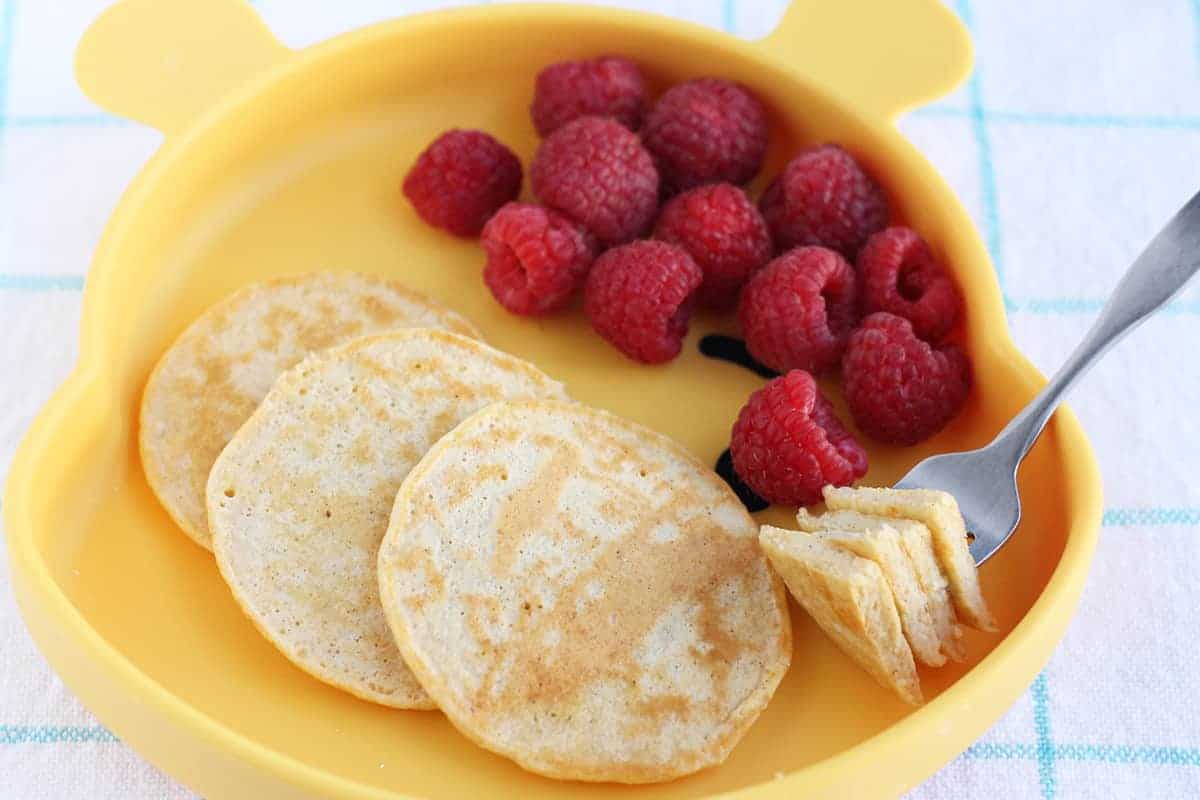
High-Protein Foods for Picky Eaters
It can be helpful to include a protein-rich foods in most meals and snacks to help your child eat enough throughout the day. And this can also offer balanced energy—since a protein with a fruit or veggie will combine to help them stay full a little longer. (But remember that we don’t have to overdo it or push this too hard since most get enough anyway.)
It can also be a challenge to serve toddlers protein if their favorite foods don’t contain much. Here are some kid-friendly protein sources you can try:
- Cheese
- Milk
- Chocolate milk
- Yogurt
- Cottage cheese
- Drinkable yogurt
- Peanut butter
- Almond butter
- Hummus
- Edamame
- Scrambled eggs
- Beans (try them in a burrito or quesadilla)
- Snap pea crisps
- Peanut puffs
TIP: If your family doesn’t eat dairy or your child is lactose intolerant, you may need to seek out some good protein-rich alternatives. Or be sure to regularly include other sources of protein in their meals.
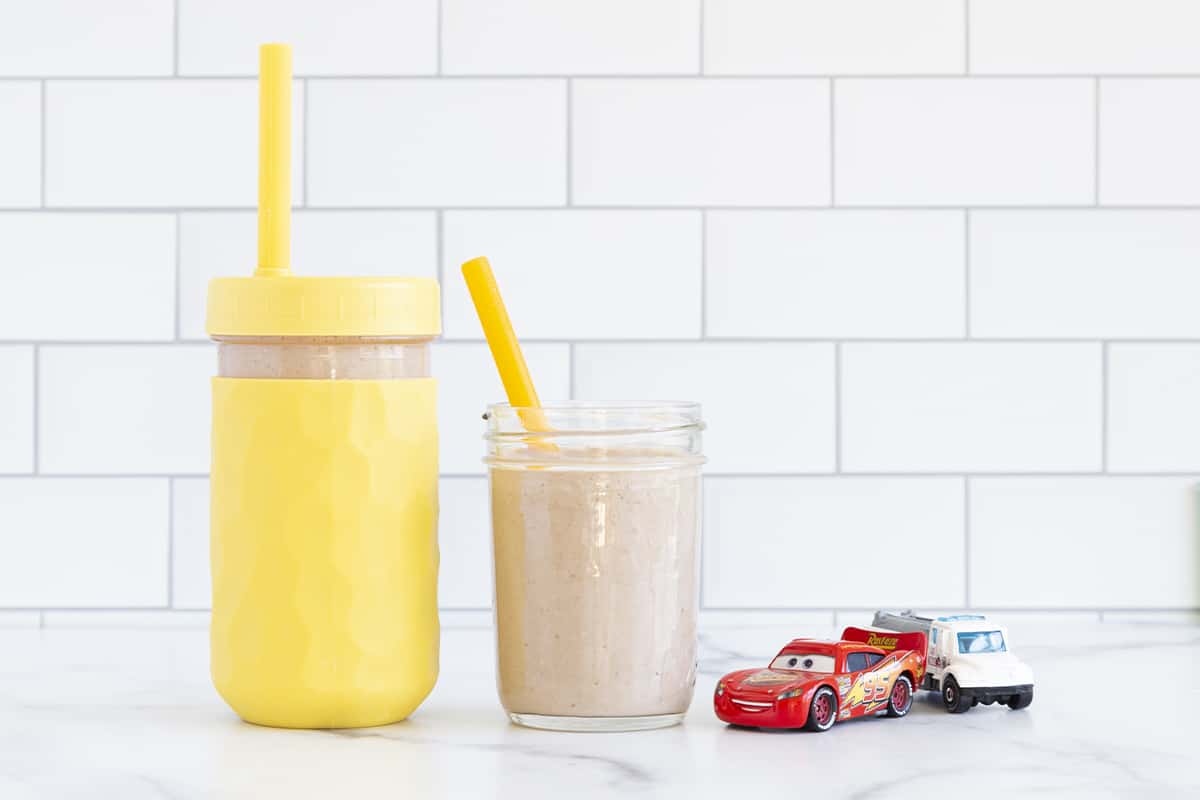
Protein Sources for Toddlers Who Don’t Eat Meat
Meat and poultry are great sources of protein, but if your family is vegetarian or vegan, or your toddler simply doesn’t like meat, here are a few of our favorite non-meat sources of protein.
- Beans
- Cheese
- Hemp seeds (blended into smoothies)
- Hummus
- Kefir
- Edamame beans
- Eggs
- Fish (salmon, fish sticks, poached fish)
- Crispy Baked Fish Sticks
- Milk (cow’s, plant milk with pea protein, or soy milk)
- Nut butter (spread thinly onto bread or crackers or stirred into oatmeal)
- Pasta (bean, lentil, and quinoa, along with regular wheat pastas)
- Peas
- Quinoa
- Tofu
- Yogurt, drinkable (or other similar dairy products)
- Yogurt
- Yogurt smoothies
TIP: Find my full list of vegetarian and pescatarian protein options here.
Protein Powder for Kids
Most kids don’t need the quantities of excess protein found in adult protein powders, but ones made just for kids might be an option if protein elsewhere in the diet is lacking. Find my full guide to protein powder for kids, with recommended supplement brands and tips.
You can try my inexpensive Protein Powder Recipe as an option, too.
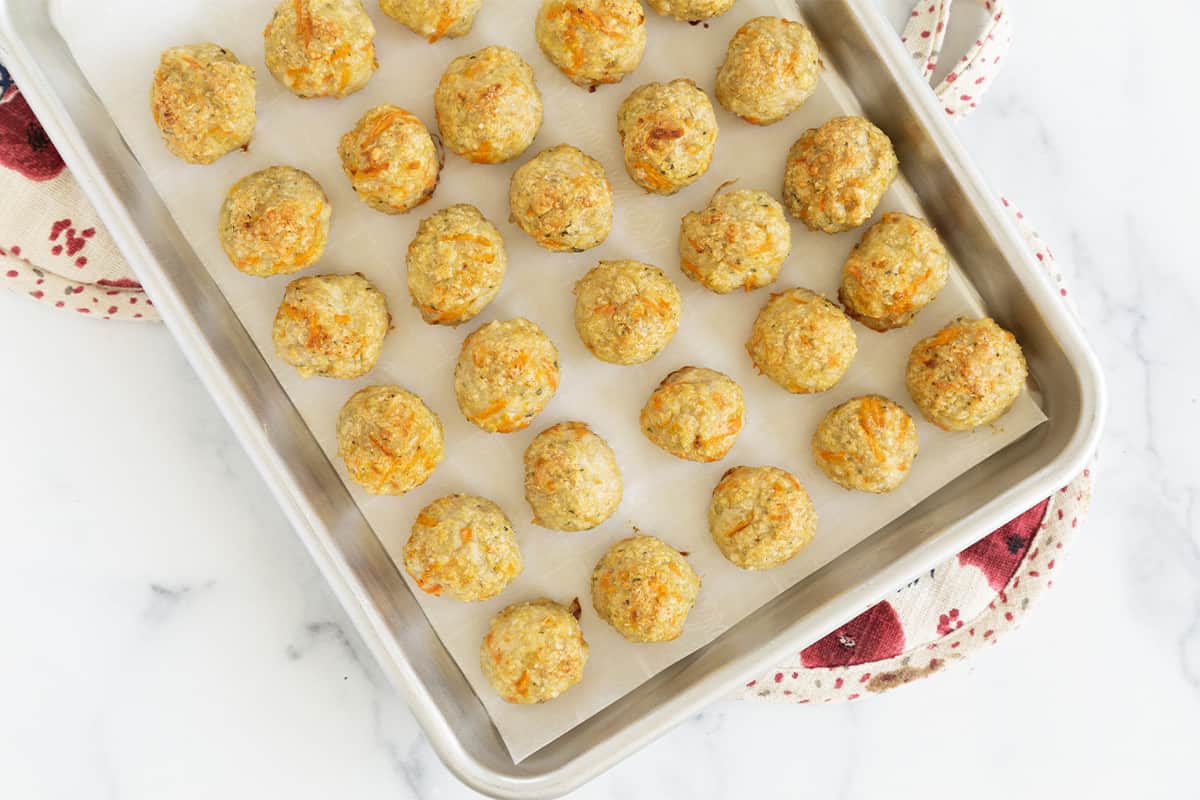
Protein-Rich Recipes for Kids
Below are some of my favorite kid-friendly recipes for kids that are packed with protein. This list will give you options for easy foods to make to share with your family that will help satisfy and nourish everyone at the table.
Baked Chicken Meatballs
Tender, moist, and with carrots right in the mix, these meatballs are delicious and easy to eat.
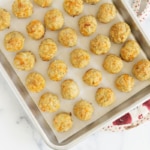
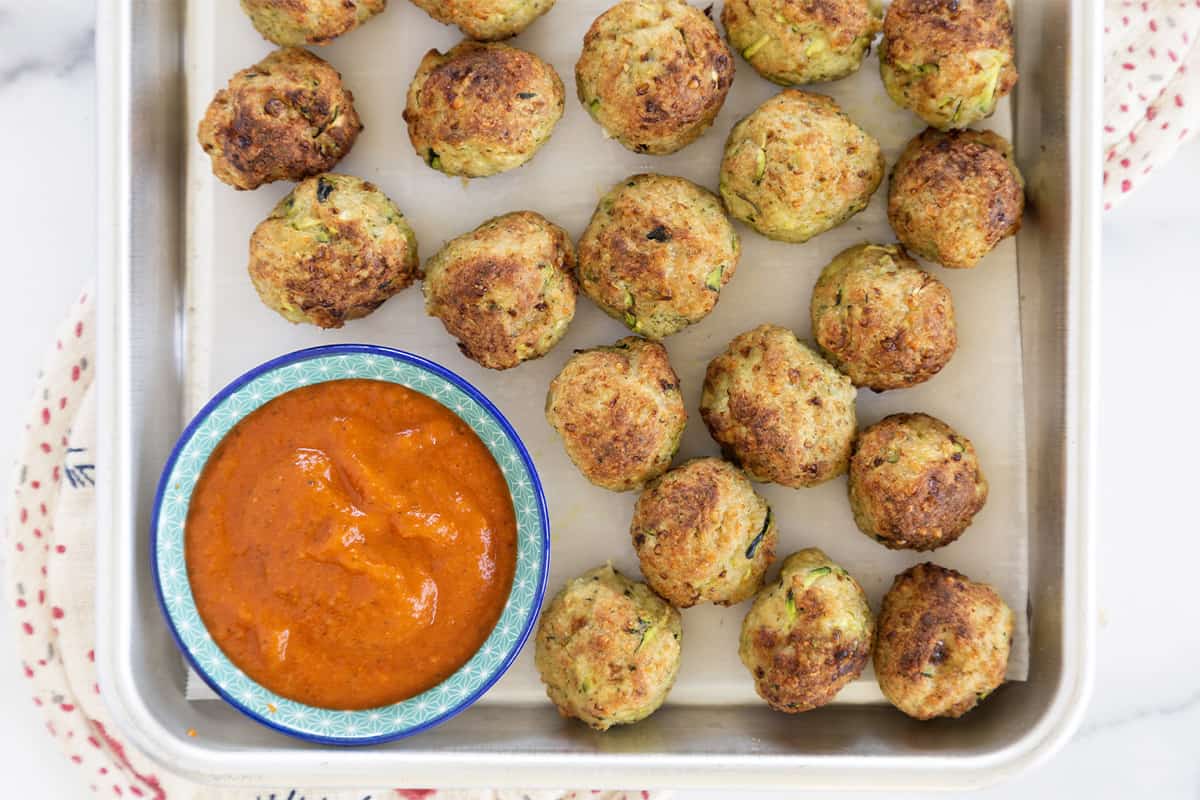
Pesto Meatballs
You can bake them in the oven or cook in the air fryer, and they’re delicious with pasta or as meatball sandwiches.
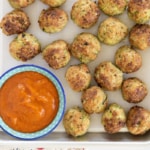
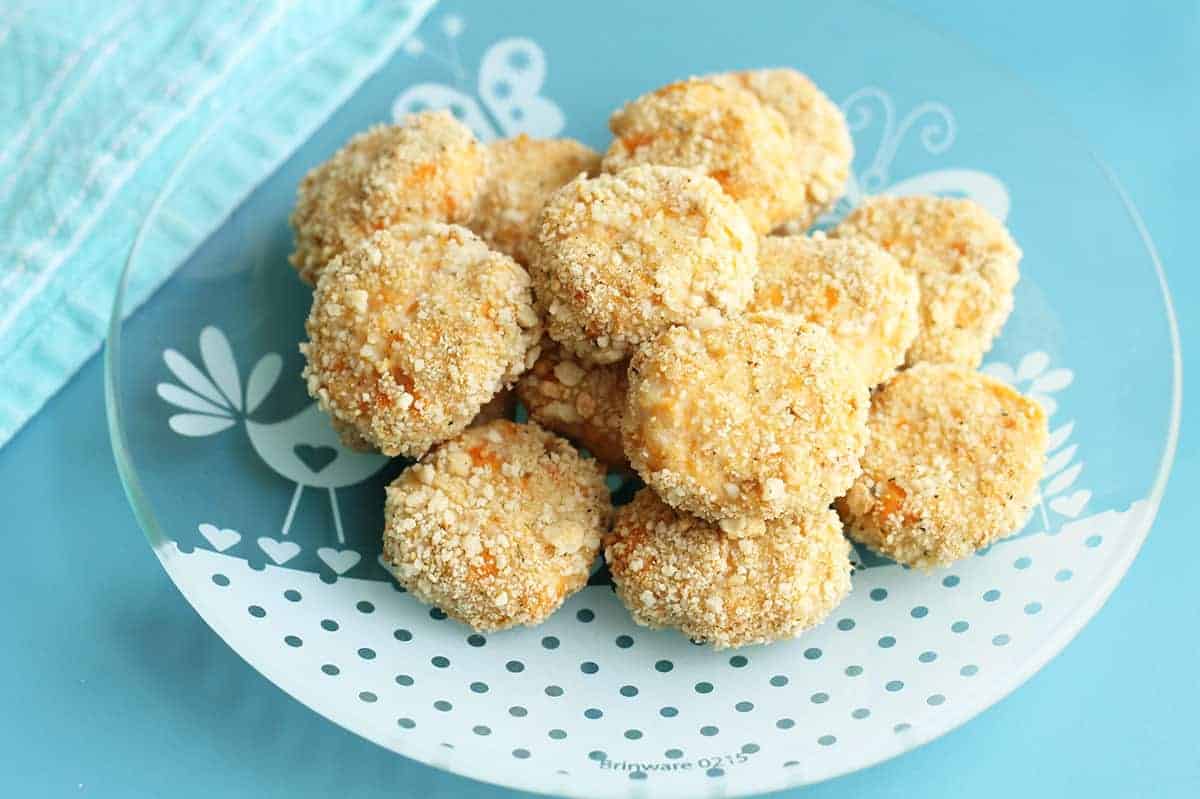
Homemade chicken nuggets (with sweet potato)
They’re packed with nutrition and have a veggie right in the mix for an extra healthy punch.
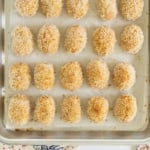
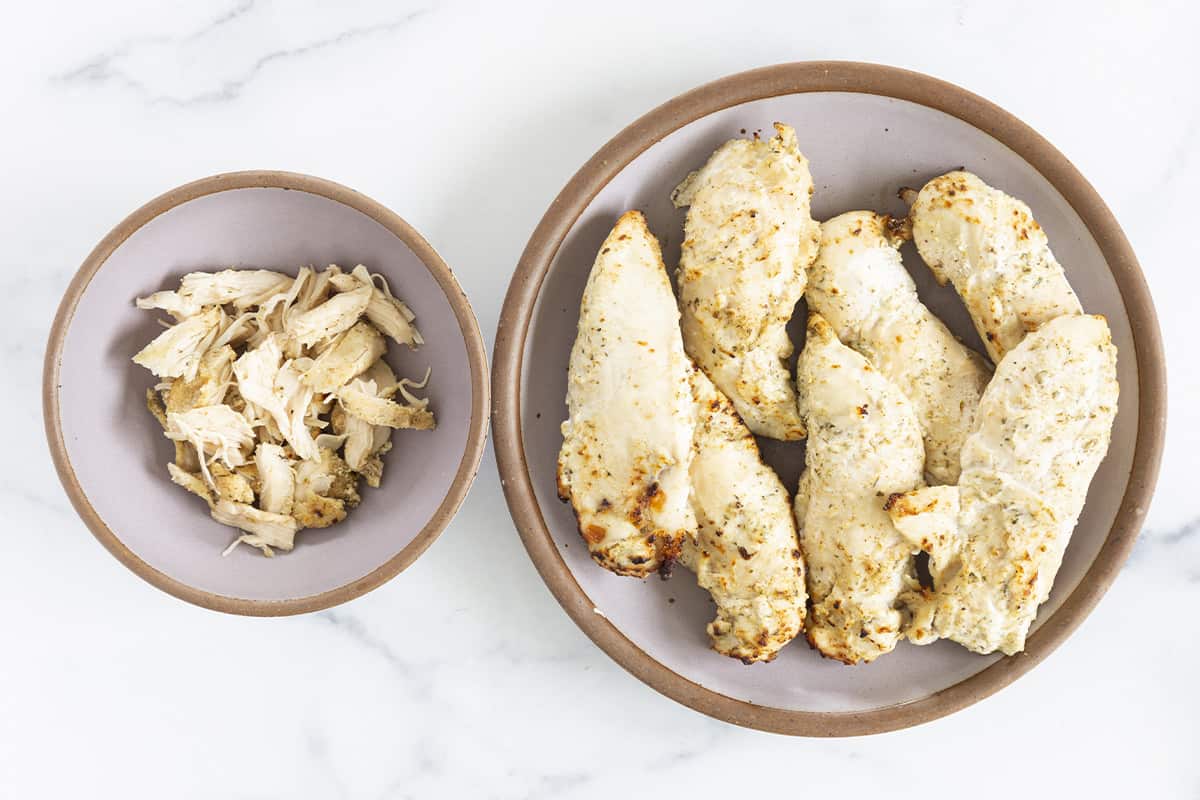
Easy Yogurt Chicken
I usually make this recipe in the air fryer, but you can also bake it. It’s very flexible and quick to prepare.
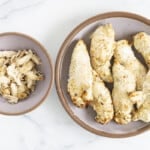
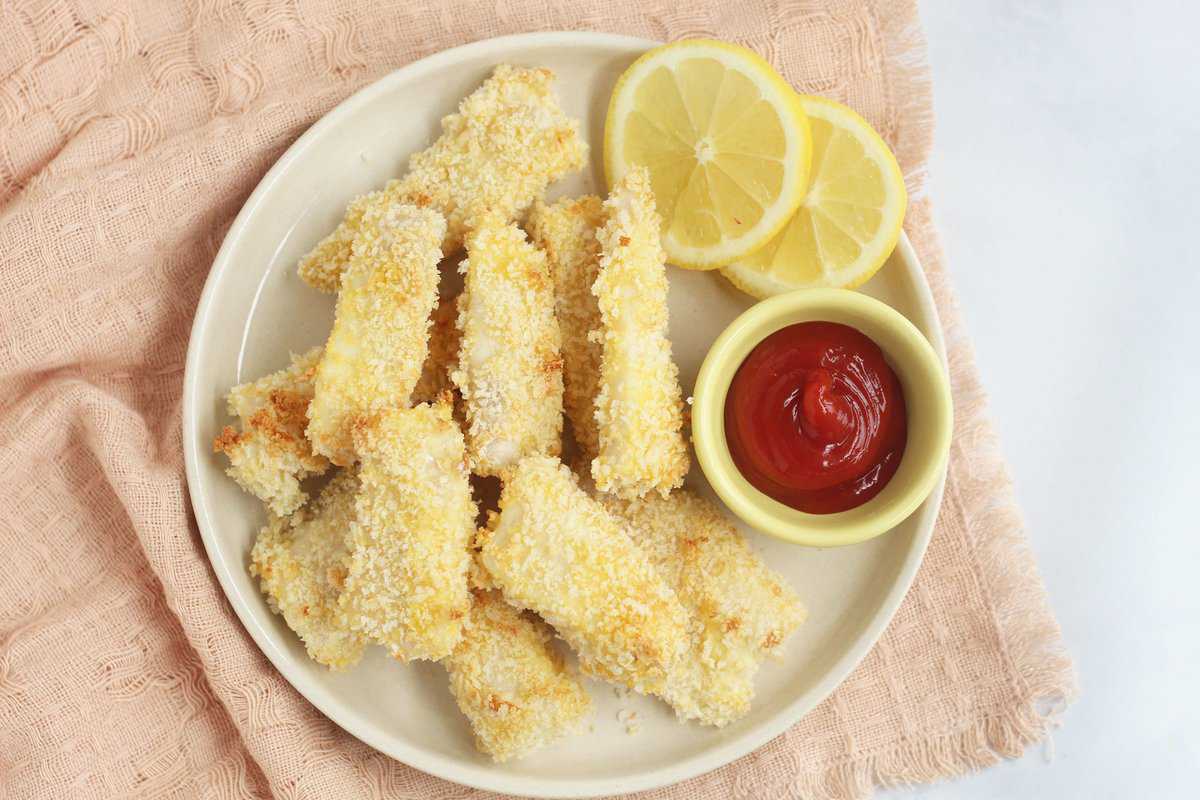
Crispy baked fish sticks
They’re a favorite and affordable way to serve fish to kids, and they’re so good that the adults at the table will love them, too!
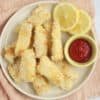
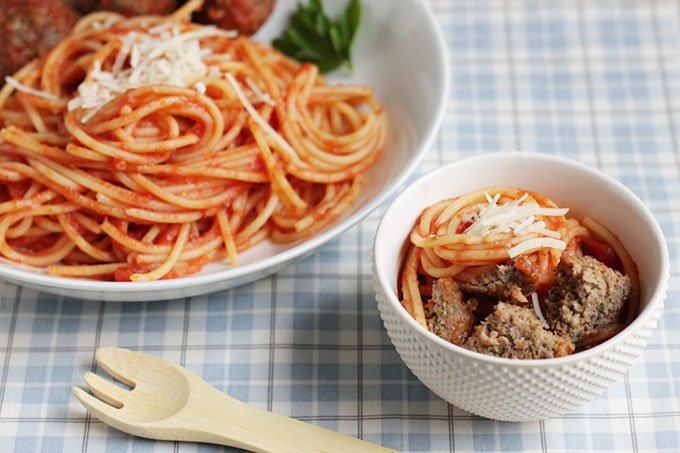
Best Healthy Meatball Recipe (with veggies)
With three kinds of veggies and the texture and flavor your kids expect, this Healthy Meatball recipe is a perfect family dinner option.
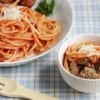
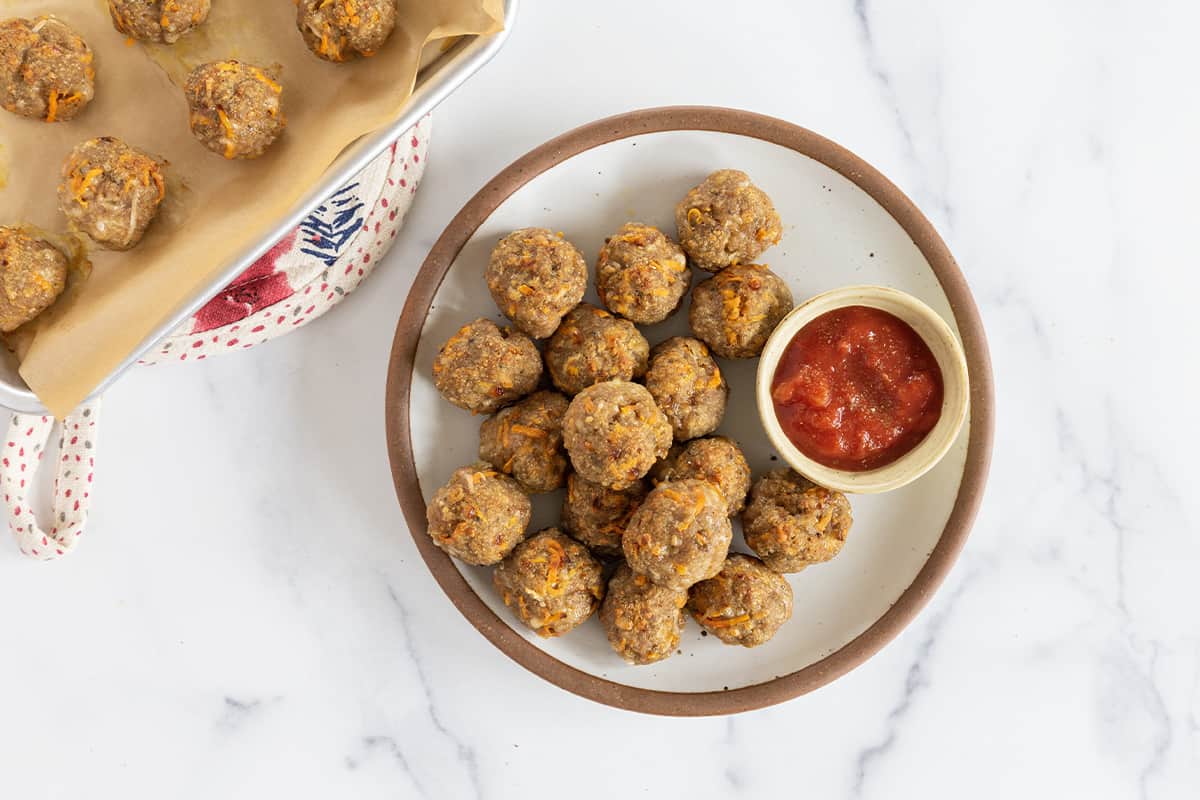
Turkey sweet potato baby meatballs
Paired with sweet potato for extra nutrition and flavor, these meatballs are seriously delicious.
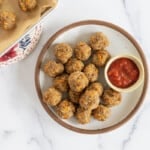
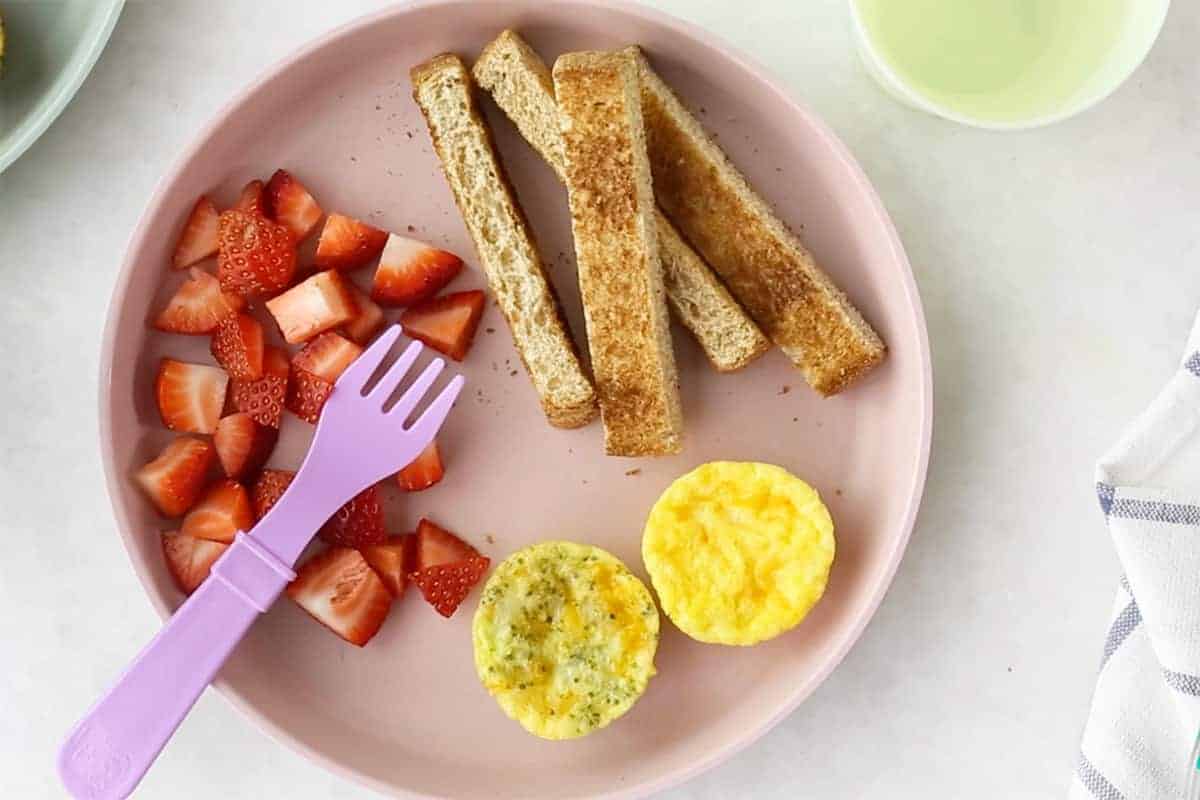
mini egg muffins with cheese and veggies
These savory muffins are packed with nutritious ingredients and are so quick to bake up—and they work so well to make ahead.
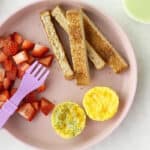
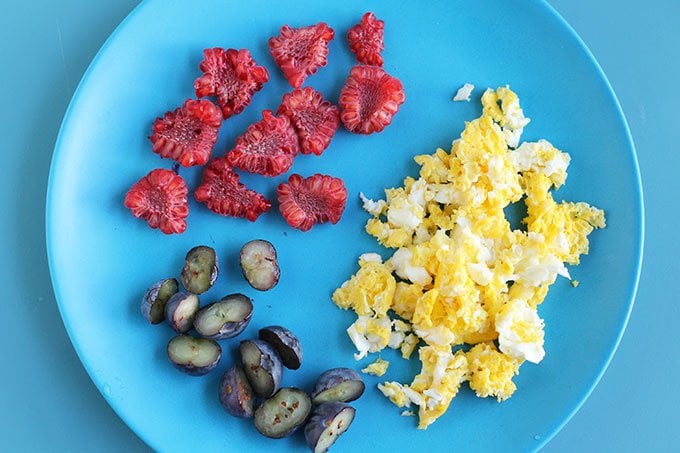
Quick Scrambled Eggs
Learn how to make eggs in the microwave (so you don’t even need to dirty a pan!) in less than 1 minute.
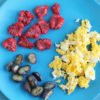
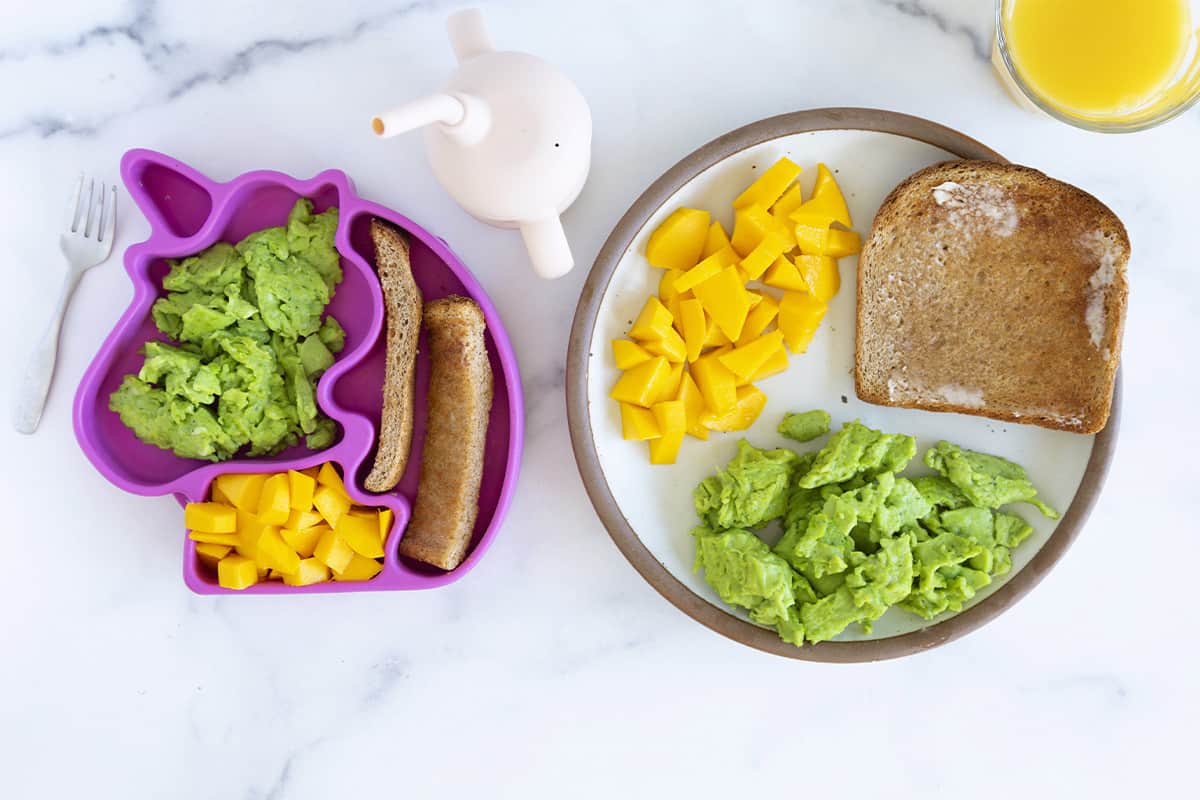
Favorite spinach eggs
With a heaping pile of spinach and a super simple method, you can make these bright green Spinach Eggs in less than 10 minutes to share with the kids.
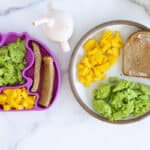
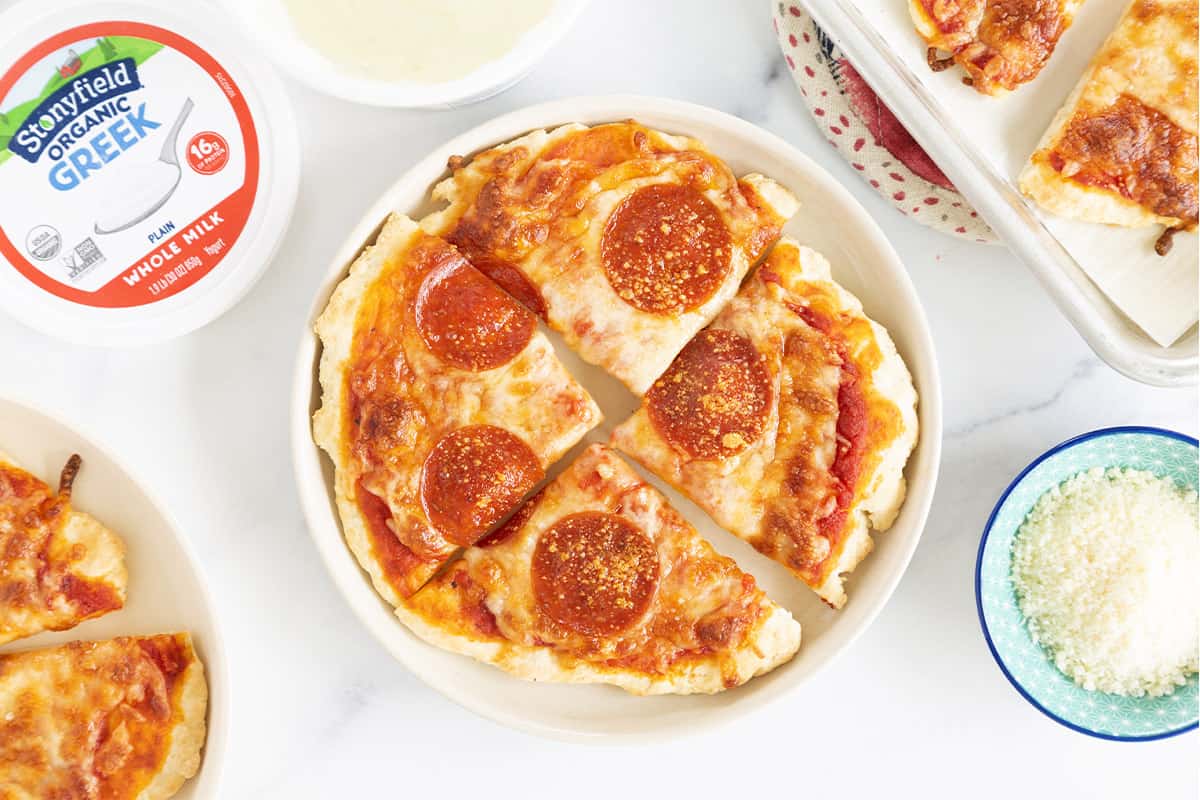
greek yogurt pizza dough
I love this as a seriously easy way to offer a protein- and calcium-rich meal to the whole family.

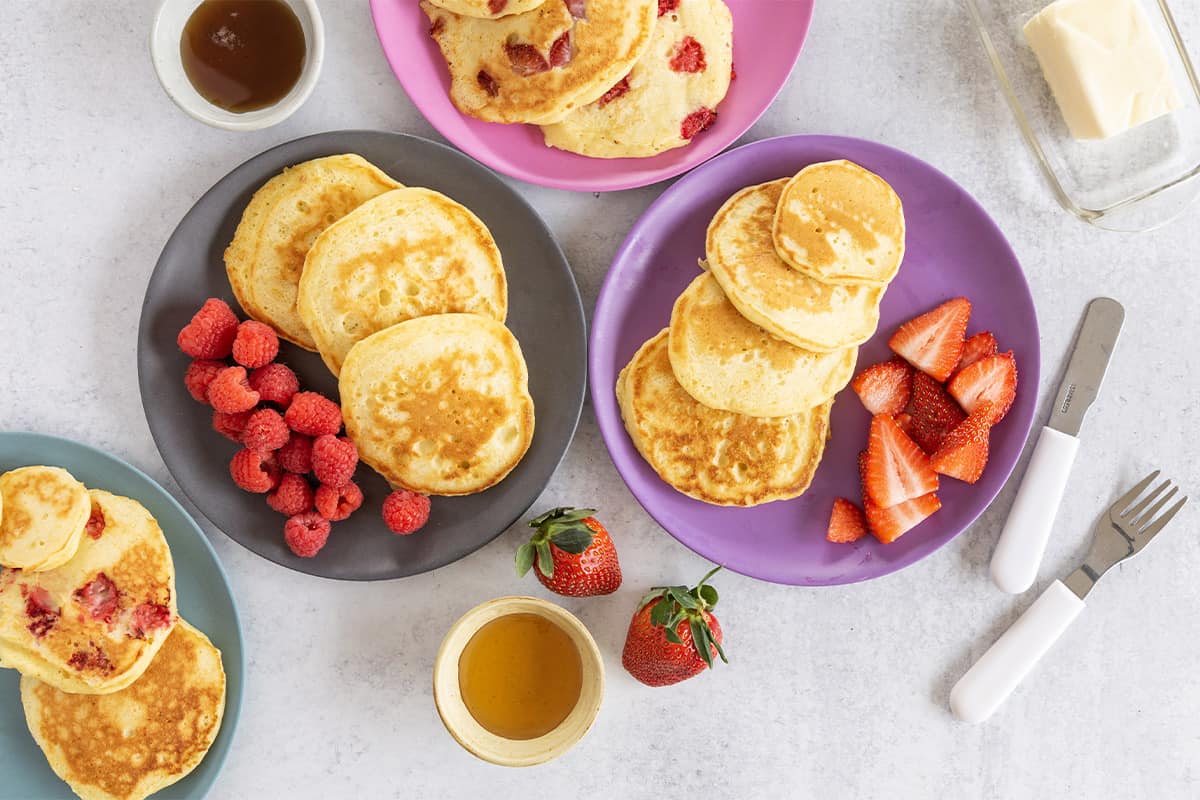
Fluffy greek yogurt pancakes
These are a great way to fuel up in the morning, they are easy to stir together, and they work with just about any diced fruit your family likes.

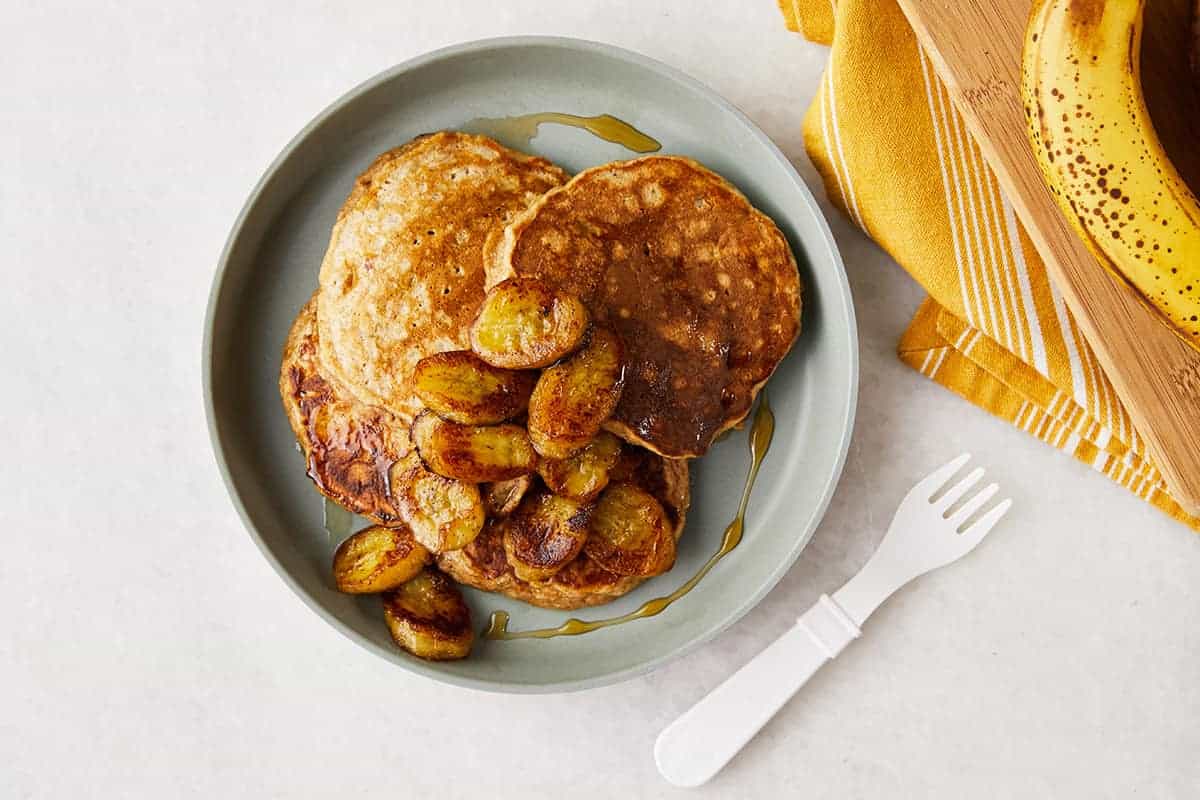
banana oatmeal pancakes (with extra protein!)
Serve up a balanced mix of complex carbs and protein with these delicious Banana Oatmeal Pancakes. Bonus: The leftovers reheat so well.
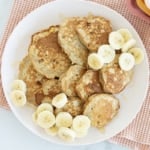
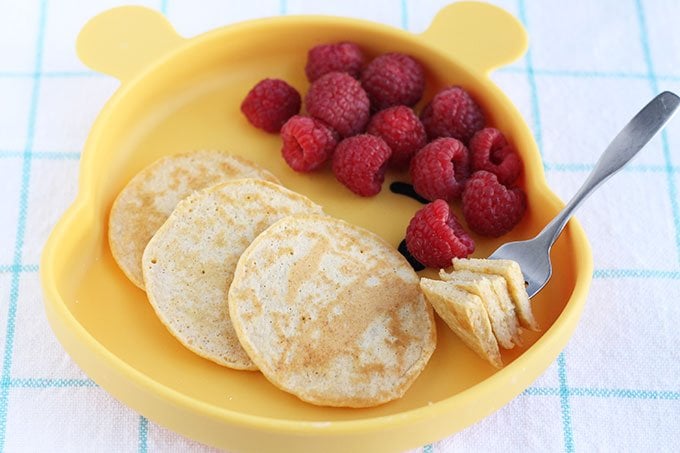
quick cottage cheese pancakes
They’re loaded with protein and healthy fats—and are also fluffy and delish.
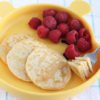
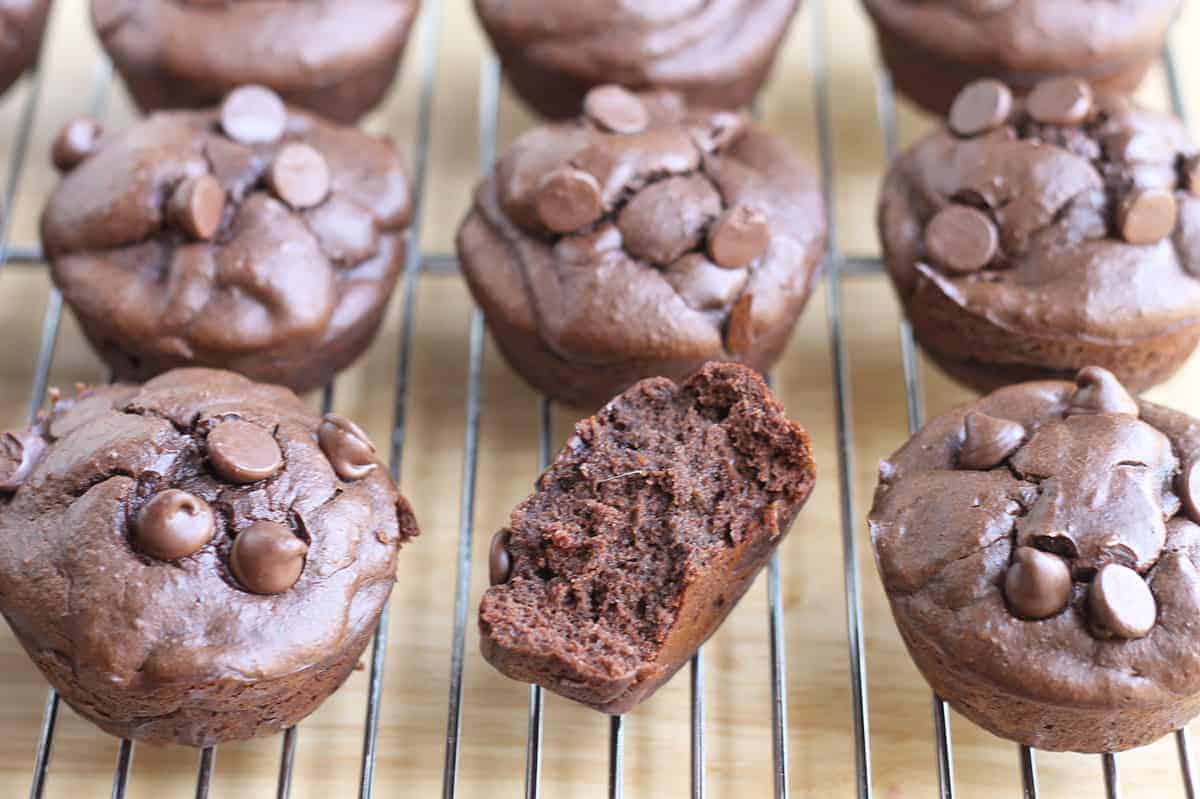
chocolate protein muffins (with veggies!)
These flourless Chocolate Protein Muffins pack in the nutrients but taste like a brownie. They are quickly mixed up in a blender and have so many nutrients tucked inside.

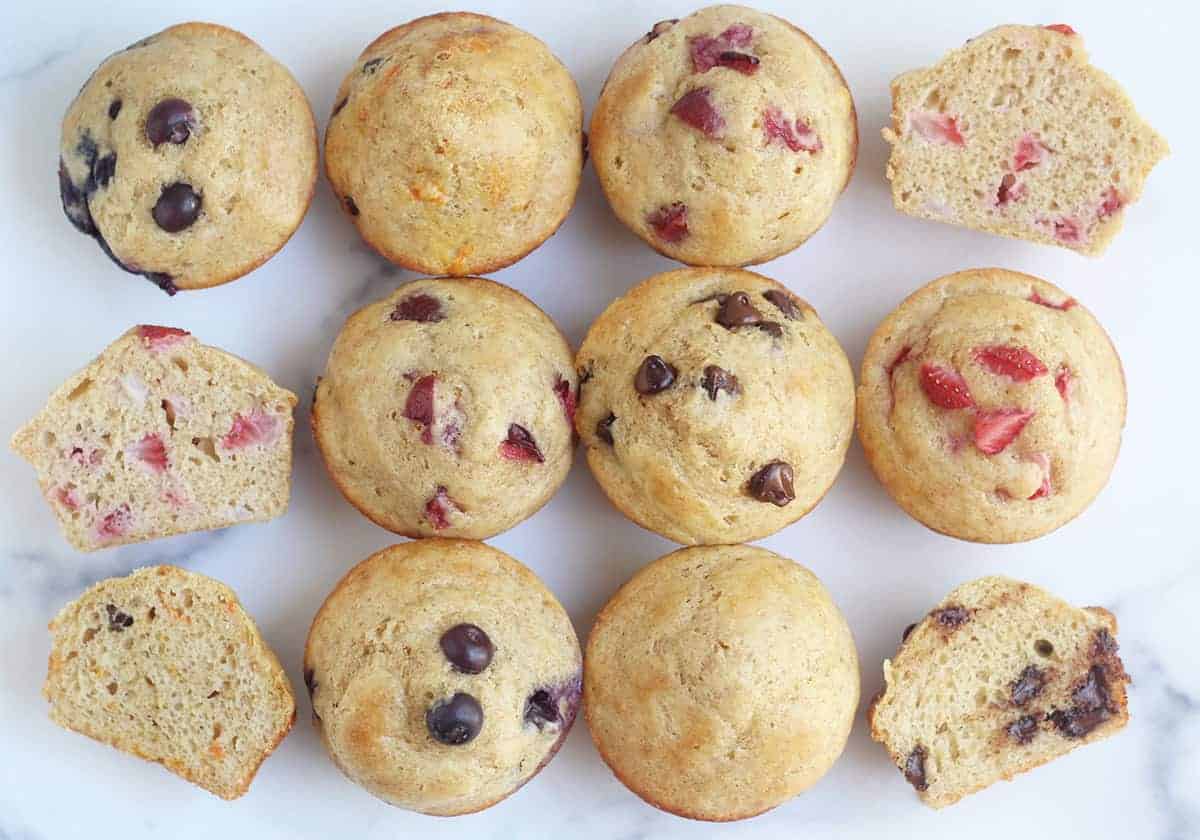
Favorite yogurt muffins (6 ways!)
This muffin recipe works so well because the addition of yogurt makes them moist and tender, and it also adds a nice dose of protein, calcium, and probiotics.
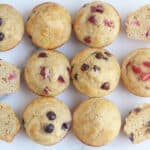
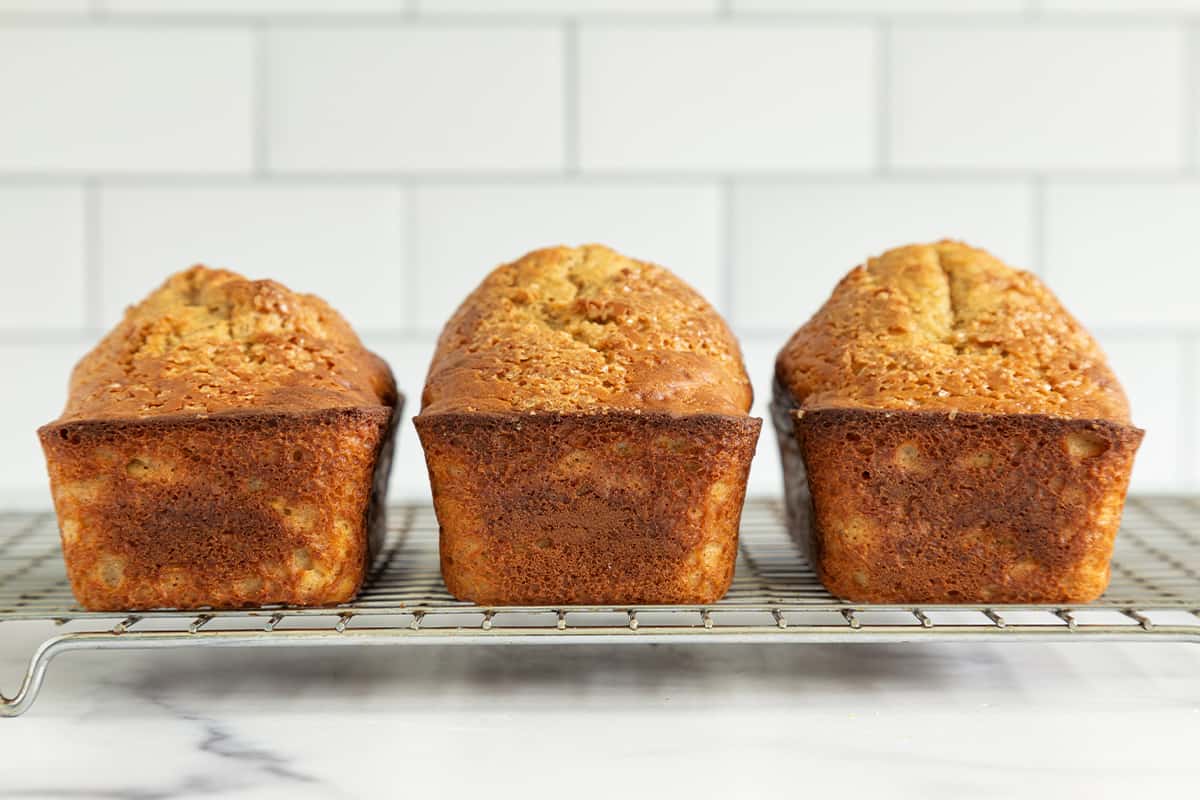
Protein Banana Bread
Bursting with natural sweetness and a moist, tender texture, this quick bread is both easy and seriously yummy.
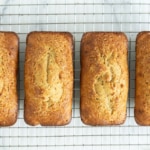
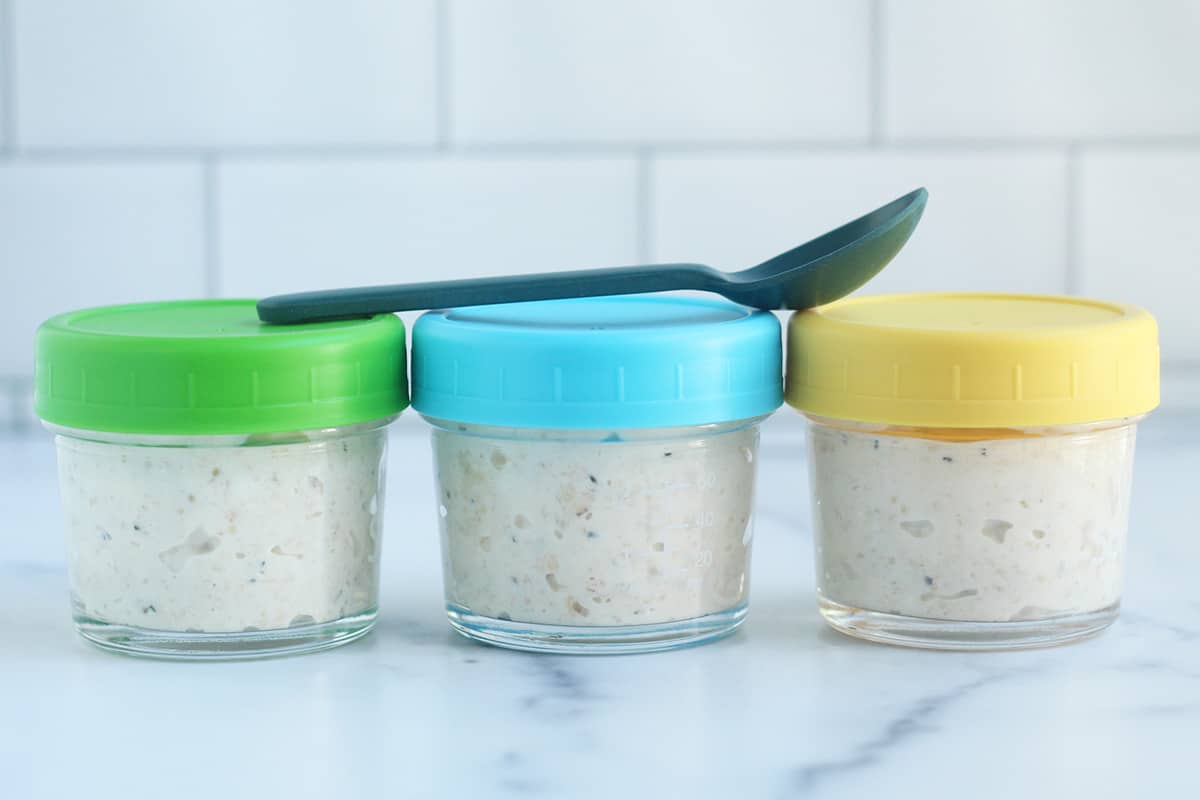
how to make overnight oats
Overnight Oats are a perfect breakfast recipe to make ahead. They pack protein, probiotics, vitamin C, fiber, and healthy fats!
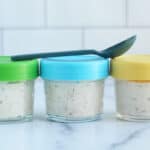
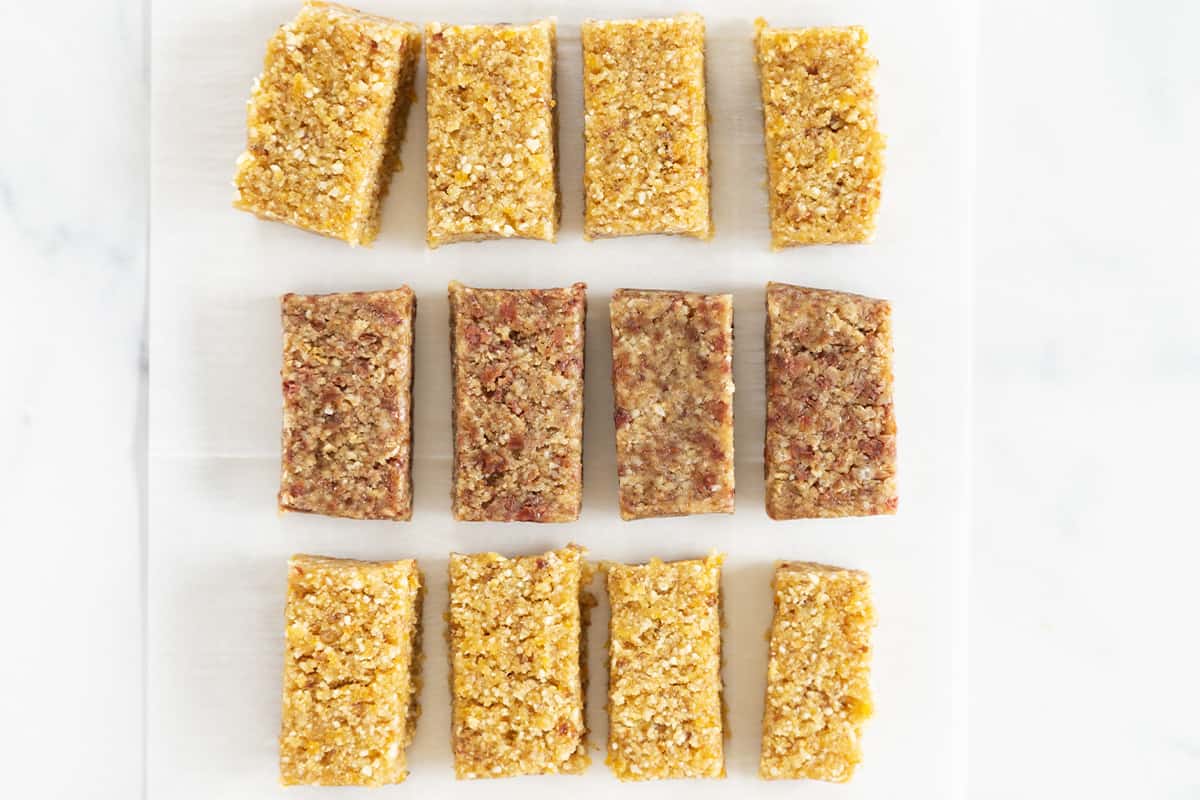
fruit and nut bars (copycat larabar)
These are a great preschool snack (there’s a nut-free option if needed), after-school snack, and pregnancy snack. My whole family enjoys them!
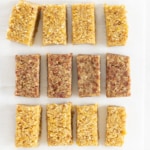
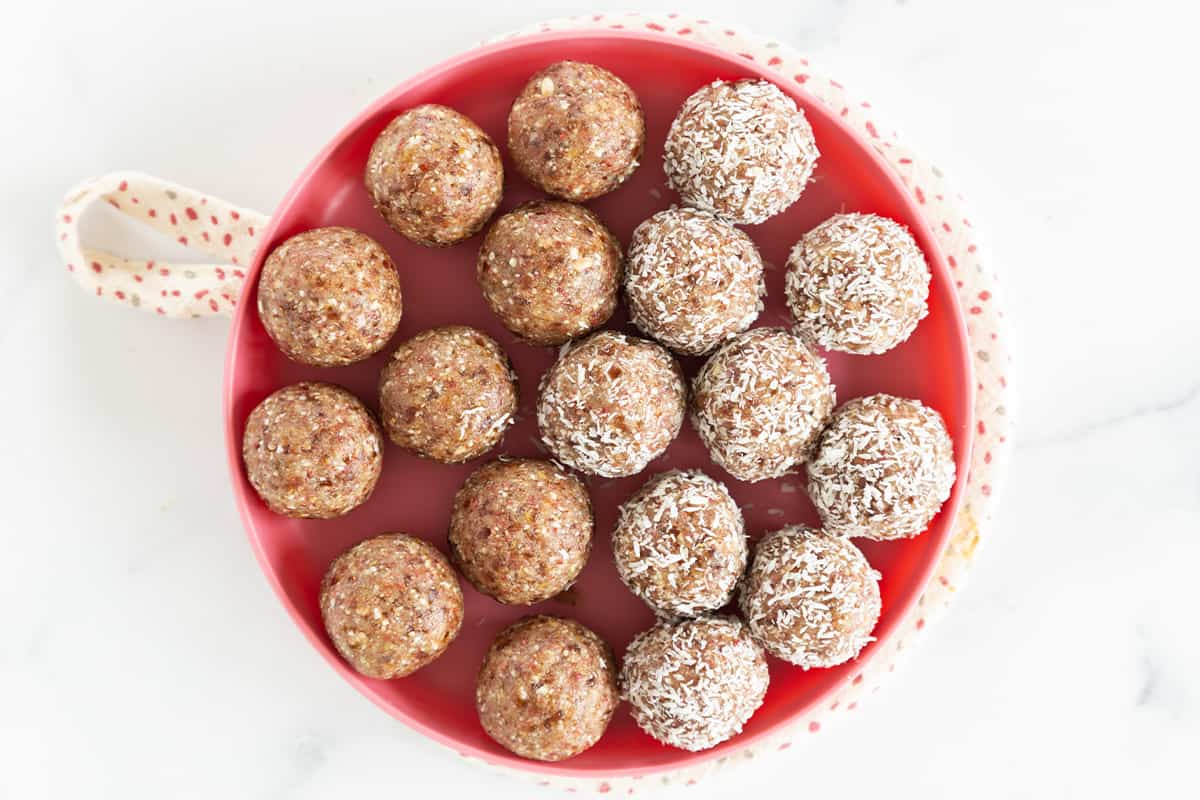
favorite bliss balls
I am a huge fan of no-bake snacks, including all manner of energy bites and energy balls, and these Bliss Balls are 100% my newest favorite.
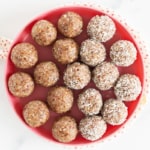
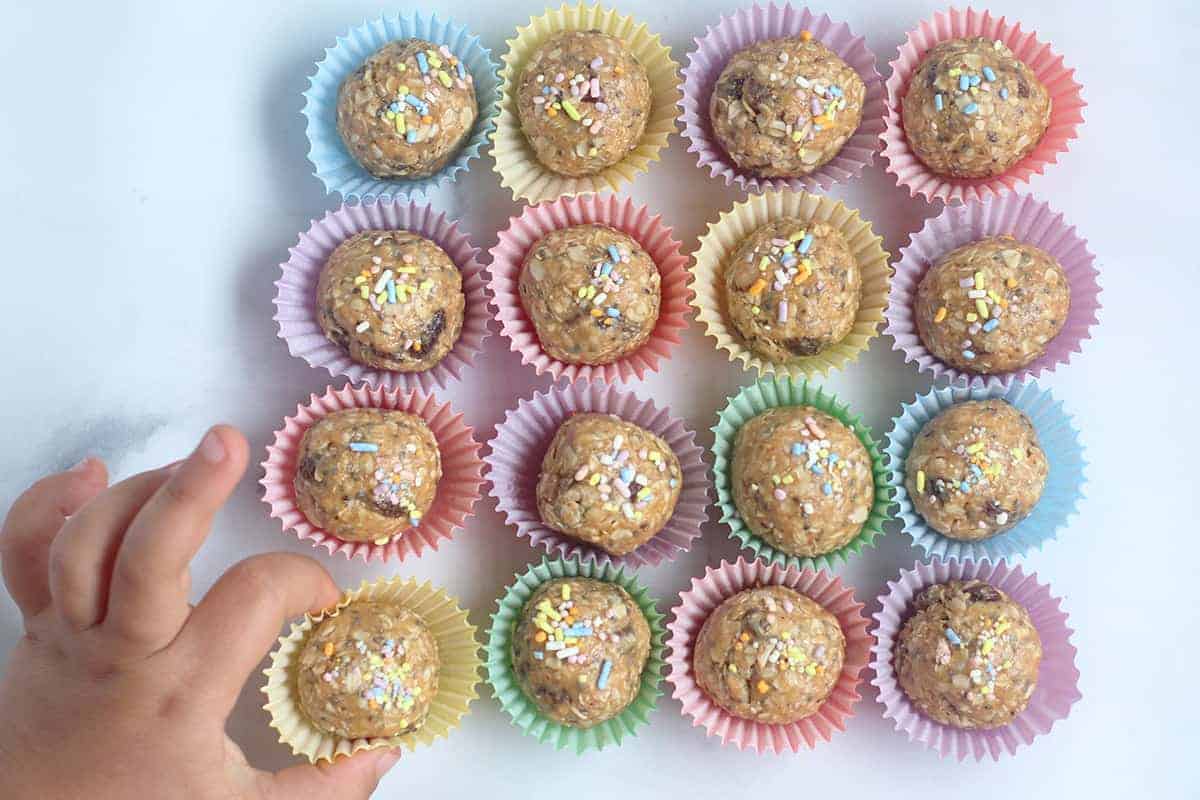
peanut butter oatmeal energy balls
They taste so good and are filled with nutritious ingredients. Plus: They’re ready in under 10 minutes!

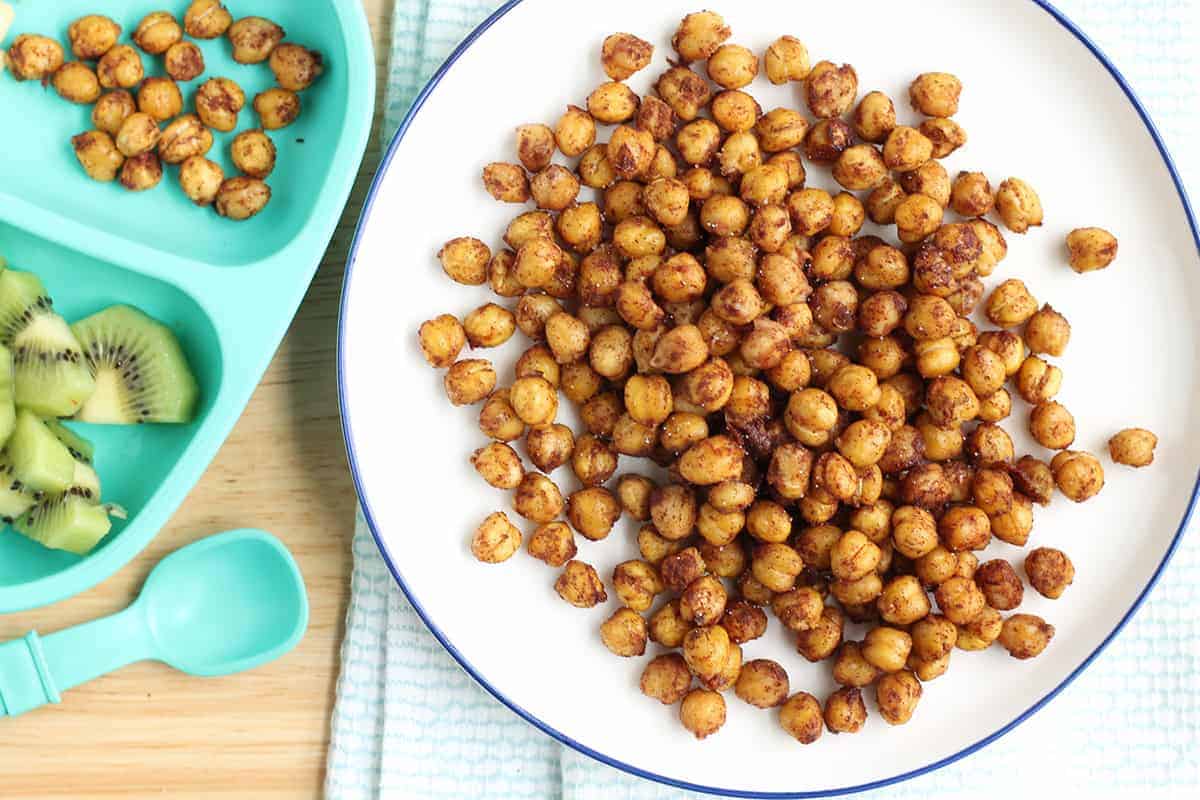
soft roasted chickpeas recipe
This roasted chickpeas recipe is an easy and delicious way to add nutrition to your toddler’s diet.
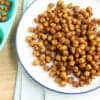
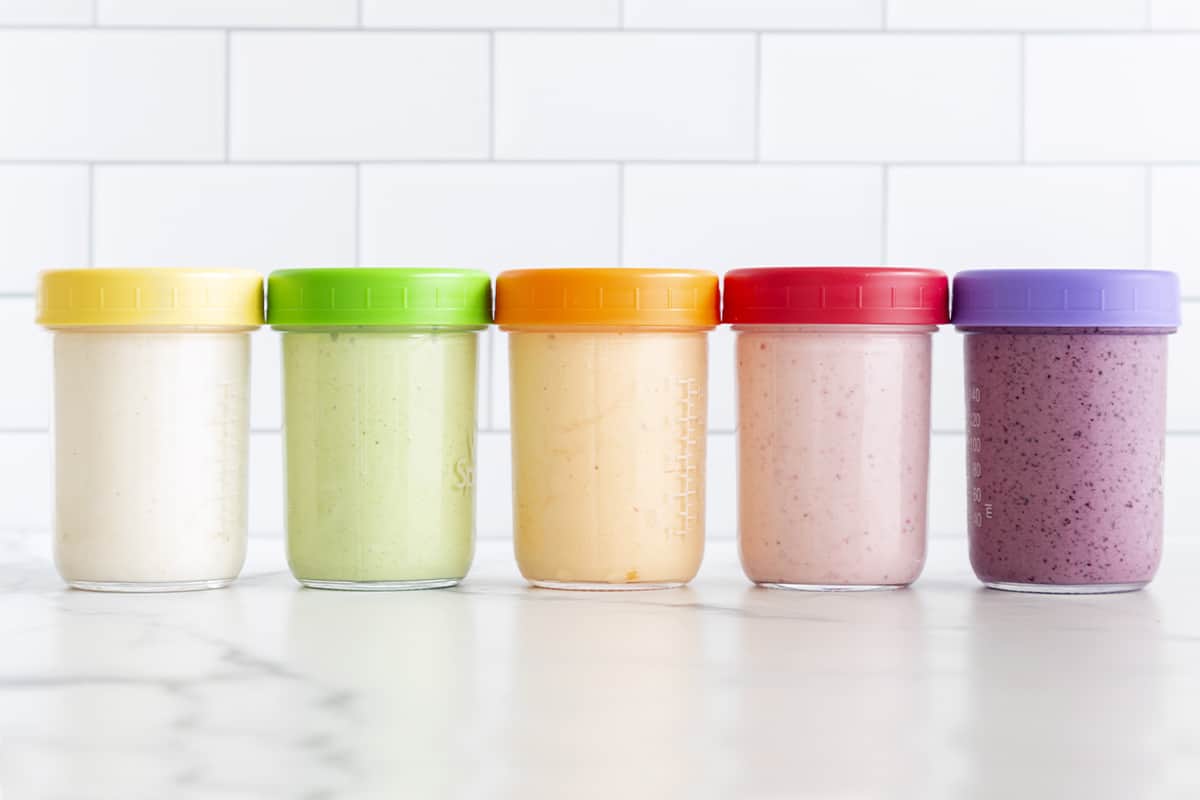
favorite yogurt drinks
I love these since they are a great way to serve up protein and calcium (especially when the littles aren’t so into milk)—and making them at home when I can is one of my favorite ways to reduce my grocery bill.
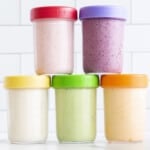

favorite protein shakes for kids (with veggies!)
With simple ingredients, naturally sweet flavor, and about a third of your kiddo’s protein needs for the day, these protein shakes for kids are a great breakfast or snack option.


kids weight gain shake
It has a subtle cocoa flavor, is lightly sweet, and has a solid amount of protein, fat, and calories for kids.

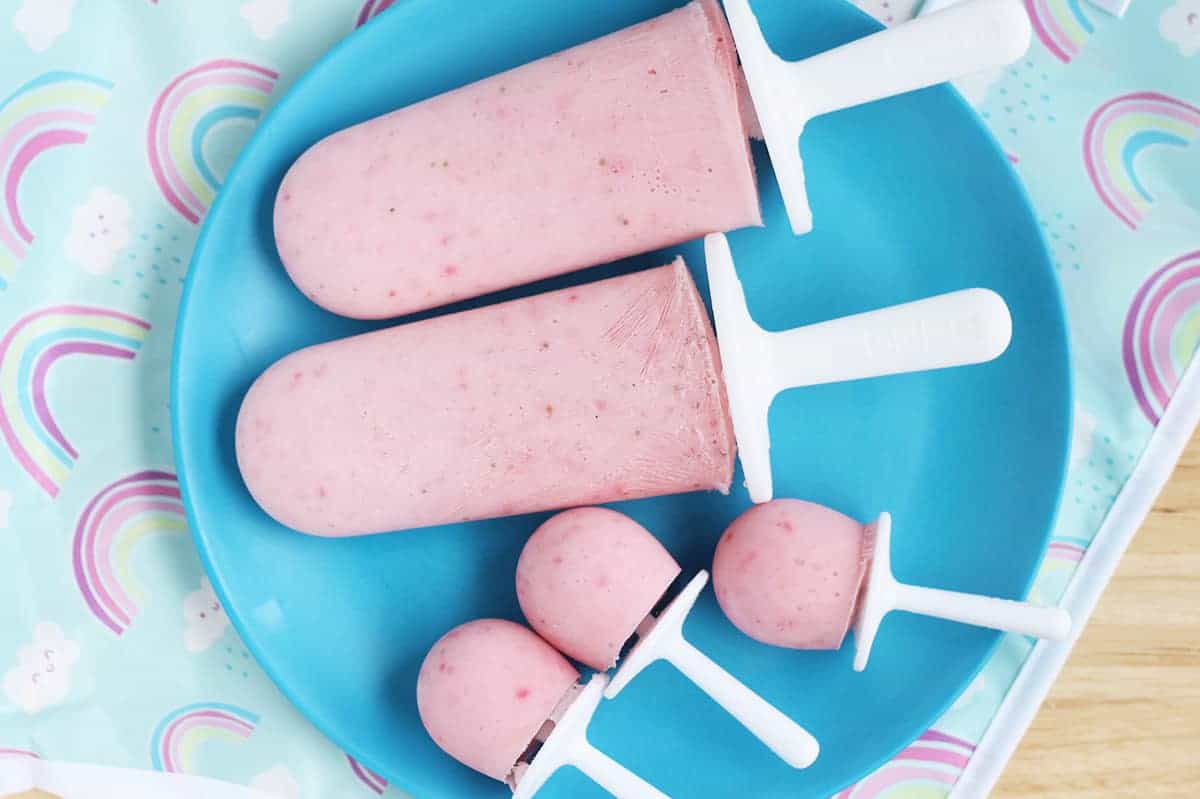
easy homemade strawberry popsicles
These homemade Strawberry Popsicles are a staple in our house. They are sweet, a tiny bit tangy, nutritious, and a cinch to make.

Downloadable Protein Chart for Kids
To help you vary the protein sources you offer, and to remind you of all of the options when you forget, you can download this Toddler Protein Guide for free. Keep it on your phone or print it out and hang it on the fridge!
Related Recipes
I’d love to hear any questions or comments you have on kids and protein, so please comment below!
This post was first published January 2018.
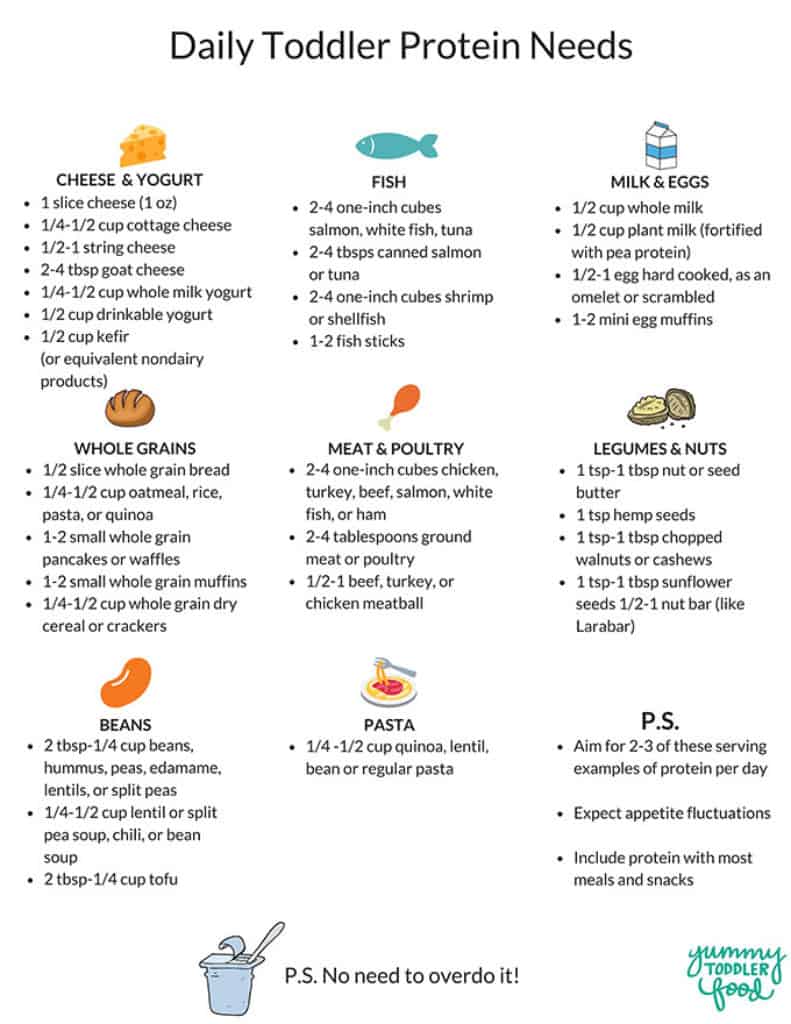
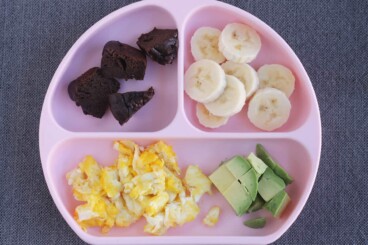
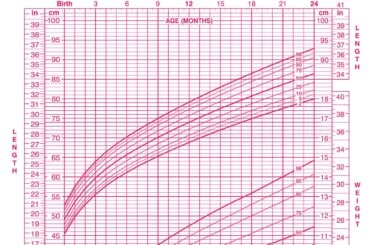
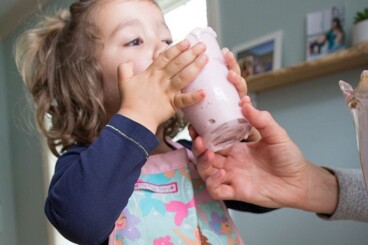
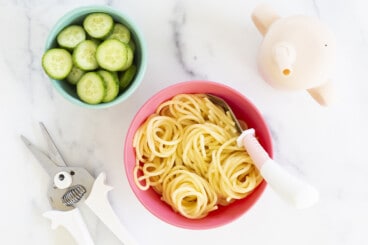
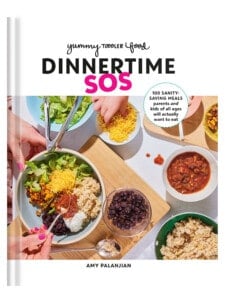
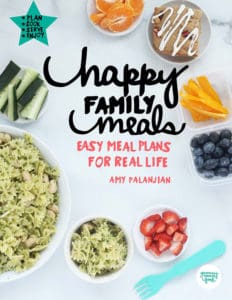
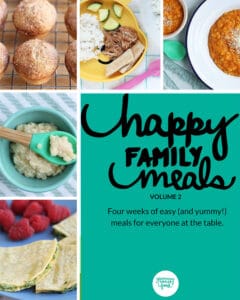
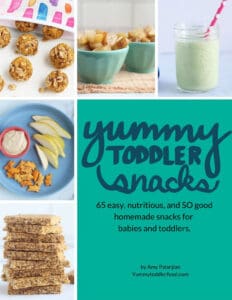









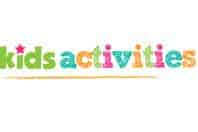

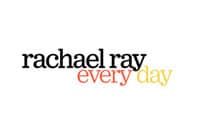


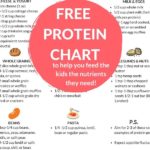
Thanks for this reassuring post, Amy! My biggest concern for protein is that my kids are allergic to most protein sources, other than meat. Allergic to dairy (including yogurts), hummus, coconut, sunflower seeds, and nuts. I think their allergies can strongly influence their desire to have autonomy with food choices. If you have any direction from me, I am interested in hearing what you have to say.
Maybe make a big list of all of the foods they can enjoy and let them choose regularly from it? That may help operate from a place of abundance rather than restriction.
Hi Amy,
Thank you for this! My daughter is 7 and doesn’t usually stray from her usual food choices. I needed some creative ideas on how to sneak some extra protein into her diet.
You’re welcome!
Thanks Amy! Such a great resource. This post, just like all of your posts spark ideas for me in the never-ending quest to keep the toddler fed! Many thanks!
I’m so glad!
Great post! Using different food examples to depict how much protein is actually needed was extremely helpful and gave me a lot of perspective because, you’re right!, my kids are getting that much protein daily (and more)! I can breathe a bit on this topic.Thank you
You’re so welcome!
Thanks for this. You’ve really made this simple enough. This may be helpful for parents who are considering putting their kids on a vegetarian or vegan diet. Some people still have the misguided notion that being a vegetarian or vegan means your child is going to have a protein deficiency. Letting readers know what their plant-based options is a step towards wide acceptance of this types of lifestyle.
I agree Flo! So many kids either don’t like meat or their family doesn’t eat it (or eat much of it) so knowing other sources and how much we all really need is a help!